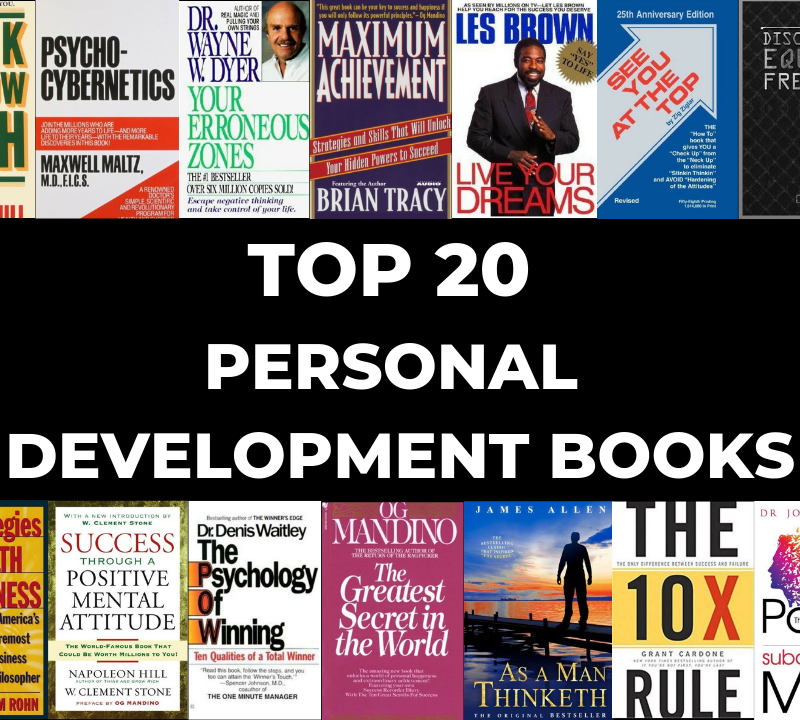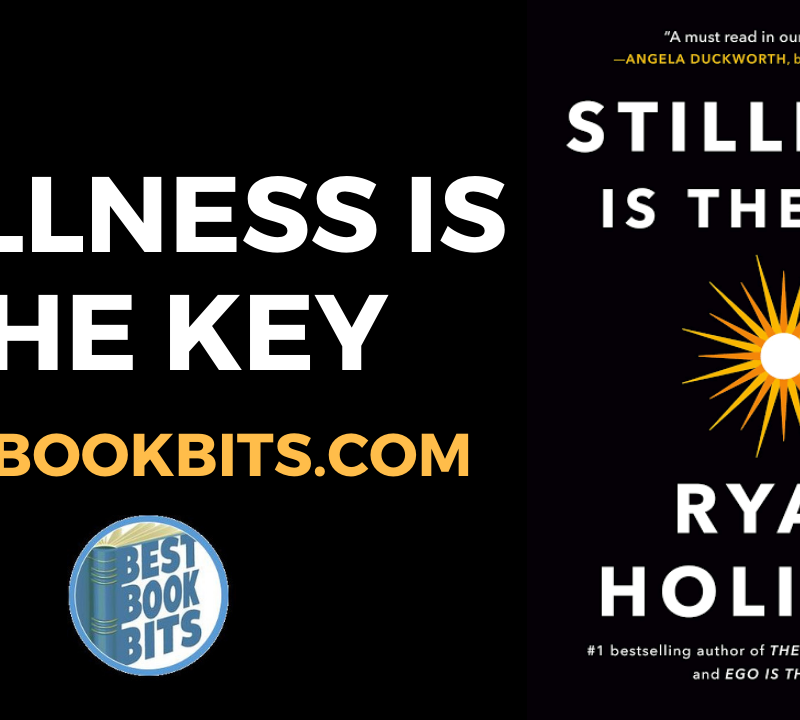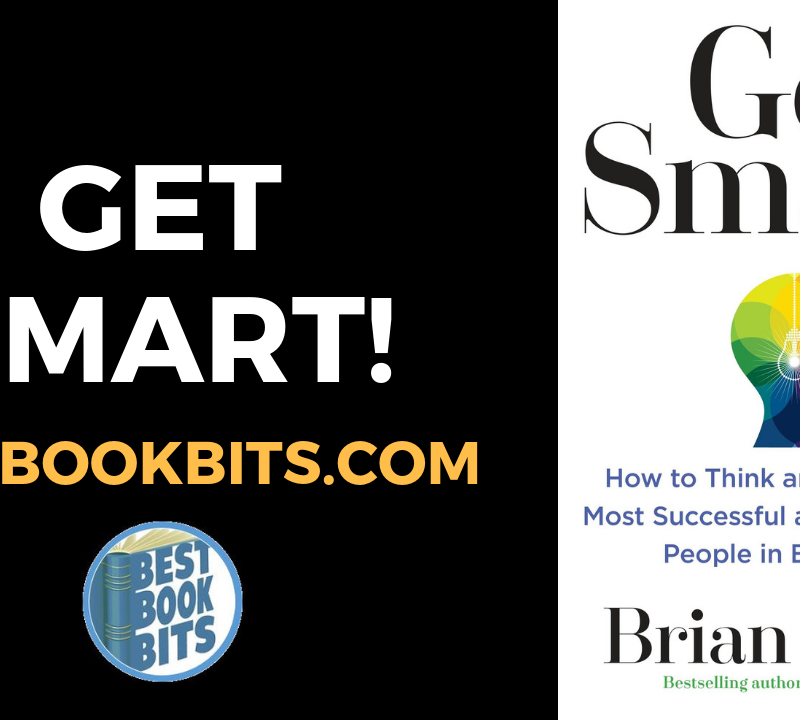JOIN THE ‘BEST BOOK CLUB’ NOW HERE
DOWNLOAD THIS FREE PDF SUMMARY HERE
CHECK OUT THE FOLLOWING Book | 150 PDF Summaries | Course | YouTube | Coaching |Spotify | Instagram | Facebook | Newsletter | Book Club | Website
Don’t Sweat the Small Stuff and It’s All Small Stuff: Simple Ways to Keep the Little Things from Taking Over Your Life by Richard Carlson
A book that shows you how to prevent the little things in life driving you crazy. In thoughtful and insightful language, author Richard Carlson reveals ways to calm down in the midst of your hurried, stress-filled life. Learn how to put things in perspective by making the small daily changes he suggests, including advice such as “Think of your problems as potential teachers”; and “remember that when you die, your ‘in’ box won’t be empty”. You should also try to live in the present moment, let others have the glory at times, and lower your tolerance to stress. You can write down your most stubborn positions and see if you can soften them, learn to trust your intuitions, and live each day as if it might be your last.
What Does ‘Don’t Sweat The Small Stuff’ Mean?
Well, it isn’t hard to understand. The thing is, most people waste a lot of time worrying and working upon those things that don’t matter in the long-run. Simply put, they spend their energies on small stuff rather than the big stuff.
Small stuff is subjective, though. But a few things like gossiping, checking the latest tweets and notification on your mobile, or giving your useless opinion on another breaking news, etc. don’t really affect your lives. But strangely these are the things that people waste their majority of time on.
How many times have you found yourself finding imperfections in the things that exist in this world? A lot. Haven’t you?
And how much time do you think you spent on those unproductive activities?
Often, what happens is that the small stuff looks bigger–bigger than it is. And conversely, big things appear small.
For example, most people don’t realize how meaningful healthy relationships are. They ignore them and regret later.
So don’t sweat the small stuff. Sweat about the bigger stuff.
Don’t Sweat The Small Stuff Summary
- You Don’t Win A Marathon By Sprinting Relentlessly
If you consider life as a marathon, then you must know how things fit in the big picture.
There is a misconception among people that high achievers always work hard and never relax.
The reality is:
If you’re running a marathon, you’ll need to take small rests or slow down in between. Otherwise, if you sprint relentlessly, you’ll injure yourself. So slow down your pace sometimes. Don’t race all the time.
High achievers do both things: they work hard, and they relax when they feel so.
Another way to look at it is, you must try to achieve peace with the process within your mind. Overdoing things often lead to chaos. And chaos is just the opposite of inner peace.
When your inner-world turns into chaos, you struggle to focus on your goals. And your thoughts start to fall apart. Eventually, your energy drains. And your will to achieve what you desire starts to vanish.
Be a marathon runner. Don’t sprint. Learn to mix both the fast and slow approach.
- Watch Your Train Of Thoughts
Of course, you can’t watch your thoughts with your eyes. The point is, you have to observe what thoughts are popping inside your head.
Richard talks about the snowball effect that takes place inside our minds.
Sometimes, a sequence of thoughts might have terrible consequences. To stop that, you have to observe your chain of thoughts and break the chain as soon as it forms.
This won’t be easy at all. But with practice and self-awareness, it can be done.
So the next time you find yourself going crazy over some random thought, pay full attention. Avoid the snowball effect at all costs.
Avoid getting stressed over silly things. Taking stress will do you more harm than good.
- You Won’t Be Able To Empty Your Bucket List
We all have stuff to do. We have our bucket list filled with dreams and goals.
So what we do as humans, we put effort in emptying that bucket list, one by one.
Richard warns that your bucket list will never be fully empty. There will be things that you’ll never be able to fulfill in your life.
But that’s ok. Nobody has to do all the things.
For instance, if you’re someone like Elon Musk and want to send a rocket to Mars, and if somehow, you end up dying during the process. What do you think will happen then? Simple, those dreams will be carried out by people who believed in your mission.
That’s why it’s important that you sweat on important stuff.
Everyone has to die someday. And in that limited time, you can only do so much.
- Never Market Your Good Deeds
These days, people do exactly the opposite of what Richard says in this book.
Yes, some people contribute silently and help millions of people without even mentioning their names or talking about it on social media or press.
But most people give value for the sake of acknowledgment. Most of the times, people have selfish reasons for doing charity kind of things.
Richard questions this approach of doing good deeds and marketing it to people.
Help should be personal. Those acts of kindness shouldn’t be done with expectations.
If you don’t want to help anybody, it’s fine. But don’t help or give value to people for the sake of presenting yourself as some kind of leader.
There is no point in faking it. At the end, you’ll never feel the joy you could get just by doing small private help.
Help. But don’t pretend to help. Don’t make a big deal out of it. Got the idea? Ok.
Let’s move on to the next lesson.
- Help Others Become Glorious
Ever since social media became accessible to all, everyone has started posting a lot of content about themselves.
But if you observe the trend closely, the purpose or thought behind posting self-promotional content is to say, “Look, how cool I am.”
Ego is what drives most people today. People don’t care about others. All they care about is in showing how amazing they’re and why everybody should follow them.
Such people live under the belief that they are some holy beings and are different than other people.
But what Richard says is different. He says one shouldn’t hog all the glory to himself. Make other people feel glorious.
Let me explain.
People want acknowledgment. Right? So let them have it.
That’ll give you more confidence and pleasure than you would get with hogging all the glory due to your ego.
Let go of your ego. Provide more than you can take. It’s kind of a secret sauce of successful people. According to my observation, most successful people grow by helping other people.
- “Your Life Isn’t Some Rehearsal For A Future Event”
You shouldn’t be living in the past and future. Yes, planning for the future and reflecting on the past is good. But remember that you live in the present moment. Not in the future. And definitely, not in the past.
Jump between the present and future in your mind. But avoid getting trapped there.
Some people die preparing for the future. They forget to pay attention and care to what they already have. They get stuck in the loop of “Do More. Prepare More. Do More.” They think after doing enough preparing for the future, they’ll finally be able to relax.
Sadly, that day never comes. There is always something that needs to be done for the future.
For instance, you might think that you don’t have to read books after finishing academic education. But the truth is, education never ends. You’ll have to educate yourself. There’ll always be more books to read. Some things never end.
Focusing on the present thus becomes essential. You must be at peace with what you have. One should live his life with gratitude.
- Everyone Is Your Teacher
Imagine if everyone including you were enlightened. What the world would look like then?
Richard asks you to think the same thing–but with a subtle change.
Think of yourself as a fool and think of others as geniuses or enlightened. What do you think a fool should do if that were the case?
Ideally, a fool must learn from people who aren’t fools.
Every person you meet can teach you something. If you go by this attitude, you’ll soon find yourself becoming more confident and enlightened.
Every person is your teacher. And this world is a classroom, as Richard says.
- Patience Brings You Closer To The Peace
If you don’t have patience, then chances are you’ll be angry and frustrated in your life.
Patience is about believing in the process and hope for the best. It’s about slowing things down and looking for areas of improvement.
For example, if your boss is giving you troubles, instead of taking a reactive approach you can slow down and find something to learn from that situation.
But what if instead of slowing down, you pace up and become angry at your boss? Simple, it’ll provide you frustration and take away your peace of mind.
Think about it. How did you feel when you were at peace within your mind? Did things slow down? Did you want to live in that moment forever?
We love peace. And peace can be found with slowing things down. For example, you can feel relaxed if you slow down you’re breathing. That too requires patience.
Maybe you need a shift of perspective. Maybe you have to bring patience in your life.
After all, all successful people possess this quality, and why shouldn’t you?
The reason why most people hate practicing patience is because it isn’t fun. It’s boring to be honest. It’s easy to mutter obscenities, but it’s hard to be patient and wander in the realm of improvement.
- You Need A Broad Perspective
Perspective is simply how you look at things.
The question is:
Do you have a broad perspective or a narrow perspective?
In my opinion, you should go for a broad perspective. By broadening your perspective, you can see things more clearly.
Perspective is like a camera-lens. You must be able to zoom-in and zoom-out when needed.
When you broaden your perspective, you zoom-out on your life and see whether they fit your frame or not. And when you zoom-in on your life, you miss out other details and focus on selective details.
How can you get perspective in your life?
Richard shares a simple tip in this book. He says that you should ask yourself “Will this matter a year from now?”
The idea here is, if something matters even after a few years, then it’s obviously important.
For example, if your graduation degree matters to you even after 5 years, then it’s pretty important to you. Cherish it. Hold on to it.
Having perspective can also help in your saving your time and energy for the things that are important.
For instance, what other people think shouldn’t bother a person who has a broad perspective, because he knows that what other people think doesn’t matter that much. What you think about yourself is far more important than what some random people think about you.
People who have achieved great things in their life often do so with the help of right perspective.
Building the right perspective can take time. The easiest way to start mastering the art of perspective is by looking at your everyday problems with more perspective. It isn’t as complicated as it sounds, though.
- Life Isn’t Fair At All
If you think that life is fair, then sorry, you’re terribly wrong.
Life isn’t some mathematical equation where both the left-hand-side and the right-hand-side balance each other.
Yes, there are people who enjoy more privileges than others. Privileges are unfairly distributed.
But what’s the point of talking about it. You know it already, right?
Knowing that life isn’t fair gives a sense of calm. When you know that some people have an advantage from the start, you get more perspective.
On the flip side, thinking that life is fair will cause you grief later. People who realize this sad truth late in their lives feel sorry and blame the whole world.
The best approach is to realize that imperfection is a part of this world. So lower your expectations a bit. Understand that life is far from fair. Adapt to it.
You won’t get anything for blaming and complaining. It’ll only cost you your time and energy. Sad. But true.
- Death Is Inevitable
JOIN THE ‘BEST BOOK CLUB’ NOW HERE
DOWNLOAD THIS FREE PDF SUMMARY HERE
CHECK OUT THE FOLLOWING Book | 150 PDF Summaries | Course | YouTube | Coaching |Spotify | Instagram | Facebook | Newsletter | Book Club | Website
Most people ignore death in their equation of life. Why? Because it’s gloomy and unpleasant. Nobody wants to die anyway.
But the harsh truth is, we’re all going to die one day. This cold truth shouldn’t make you sad. Death is a part of the process called life.
Just like Stephen Covey, Richard wants you to think in the long-term and imagine your own funeral.
By keeping the end in your mind, you can plan how you want to live your life.
It’s similar to setting financial goals. For example, if you have to earn $100,000 this year, you’ll think that way and take action accordingly.
Imagine what you wish to accomplish before you die. Doing this will give a more generous perspective more than anything else.
It’s better to have an end goal. If death is inevitable, why not tackle it with what you’ve got.
- Learn To Tap Into Your Subconscious
Our subconscious mind is where old ideas get mixed and new ideas are born.
Richard recommends that you solve your problems by keeping problems in your subconscious instead of actively solving them every time.
Let me explain.
Suppose you have a book to write. And let’s say, you’ve hit the classic writers’ block.
Just in case, writers’ block is a state where a writer fails to produce any ideas for their writing material and keep staring at the blinking cursor on his laptop.
Back to the point, so now you’ve hit the writers’ block and are struggling to produce any ideas, you can stop writing and depend on your subconscious.
Your subconscious always keeps working on the things that you’ve put on back-burner.
Maybe an idea will strike you while taking a shower or drinking coffee. Still, there is no guarantee that the idea will strike. But there is a high probability, though.
JOIN THE ‘BEST BOOK CLUB’ NOW HERE
DOWNLOAD THIS FREE PDF SUMMARY HERE
CHECK OUT THE FOLLOWING Book | 150 PDF Summaries | Course | YouTube | Coaching |Spotify | Instagram | Facebook | Newsletter | Book Club | Website













